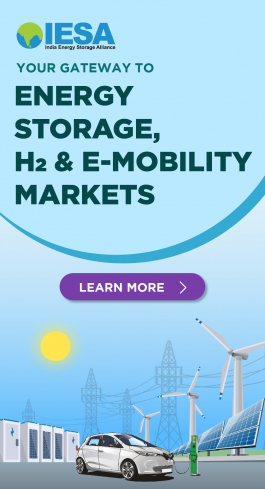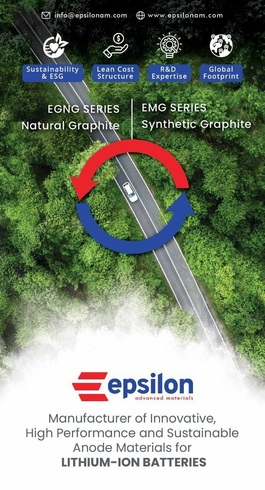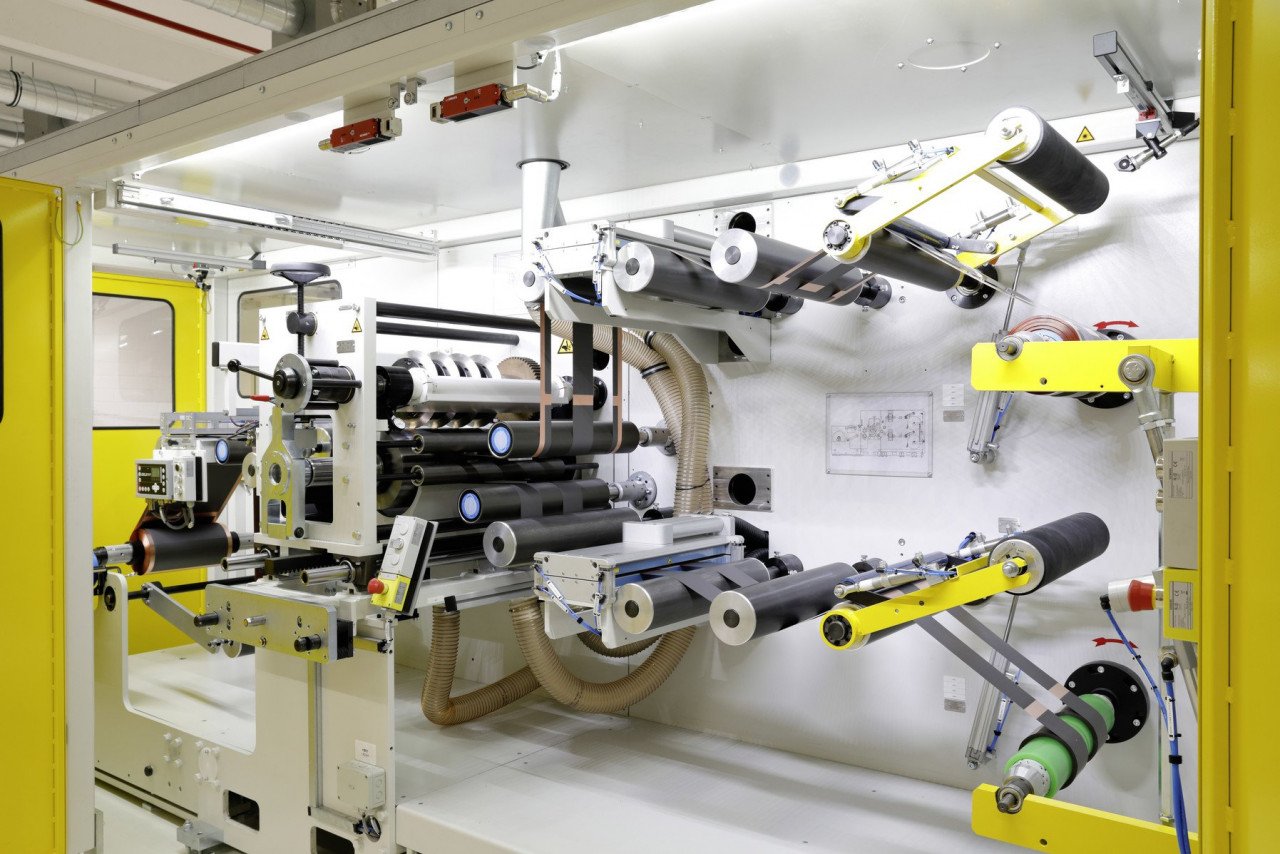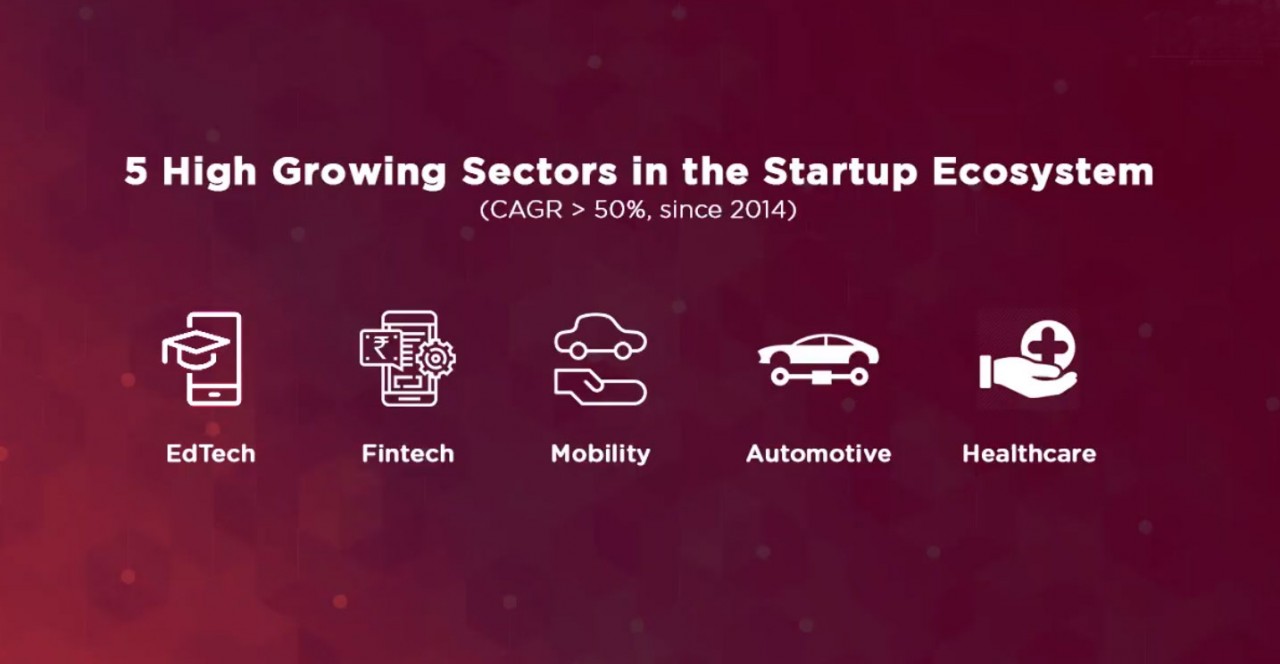Educating for a better world
EARTHDAY.ORG's Global Climate Literacy Campaign is working to revolutionize education systems across the globe. Tracey Ritchie, Director Education - EARTHDAY.ORG, outlines details of the education drive.
The world and its people are facing full-scale emergencies across multiple fronts from climate change. To catalyze the urgent climate action needed and to make the best choices in their daily lives, people everywhere need to be properly educated: that starts with climate education.
Governments have recognized this for decades and many have introduced some level of climate and environmental education into their education systems. But the reality is that despite the existence of climate education policy in some countries, the quality of its implementation varies extremely, and it is still non-existent in all too many others. Any education that does not provide all students with opportunities to develop the knowledge, skills, and motivations to be considered climate literate — that is, to be able to make informed and responsible decisions based on a knowledge of climate and environmental systems is no longer suitable for today's youth.
Today, high-quality environmental and climate education is commonly a privilege afforded to select schools with additional resources for afterschool clubs, outdoor learning labs, transportation for field trips, or teachers who have extensive professional development. Lessons and content that should be taught through the formal education system are often substituted for cost-prohibitive informal education experiences, such as summer camps or nature expeditions. These experiences present a barrier for those who don't have the means to afford or access them. What's more, when environmental and climate education is offered as electives in school, they often lack local relevance for students to build skills to address these issues.
Launched in September of 2020, EARTHDAY.ORG is leading a global Climate and Environmental Literacy Campaign to advocate for compulsory, assessed climate and environmental education with a strong civic engagement component. Climate literacy enables students to move along the learning spectrum from awareness to action, preparing them to shape the growing sustainability workforce and participate in the green consumer market. Climate literacy will also provide students with the know-how to advocate for policies and practices that will keep them healthy, safe, and prosperous. It will reduce disparities in equity for the communities most vulnerable to climate change by providing accessible, inclusive, and relevant climate education.
The goal of this campaign is to secure international commitments in support of compulsory and assessed climate and environmental education and to bring this to the forefront at COP26 in Glasgow. This campaign, supported by nearly 500 global partners, representing hundreds of millions of professionals from across the environment, education, faith, justice, youth action, and civic engagement sectors, is working to convey the urgent need to include education as an action step in achieving our climate commitments set out in the Paris Agreement. Specifically noted in Article 12, Action for Climate Empowerment or ACE, aims to "empower all members of society to engage in climate action, through education, training, public awareness, public participation, public access to information, and international cooperation on these issues." While ACE covers all aspects of education and outreach for all ages, our Climate and Environmental Literacy Campaign focuses on the education of youth ages 5 to 18 informal school systems.
It is critical that students receive high-quality climate and environmental education across grade levels and more importantly, across disciplines. Climate science cannot be relegated to just one academic silo, students must understand the interconnectedness of our ecological and social systems and demonstrate the practical application of the content knowledge. Every system on Earth is connected, and actions are taken in one impact the others. Decisions made about economics or politics can have rippling impacts on society, communities, and our natural environments. Climate change is a great example of how human behavior can dramatically impact our natural world and have serious consequences to our social, physical, and economic health. Climate change impacts every part of the world differently, but disproportionately threatens the most vulnerable communities — who are already bearing the brunt of environmental degradation.
Fifty years ago, the first Earth Day started an environmental revolution. Now, we are igniting an education revolution to save the planet. This formal campaign is combining grassroots support and on the ground efforts by students, educators, and nonprofits with national-level commitments from Ministries of Education and Environment. Through our Climate and Environmental Literacy Campaign, we will ensure that all students across the world benefit from high-quality education to develop into informed and engaged environmental stewards.
The time is now — indeed it is long overdue for a massive climate literacy campaign that can create a generation of citizens, workers, and leaders who understand how to combat climate change and environmental degradation. We are determined to work with others to make this happen and equip the world's youth with the knowledge and skills needed to build a better future.

















